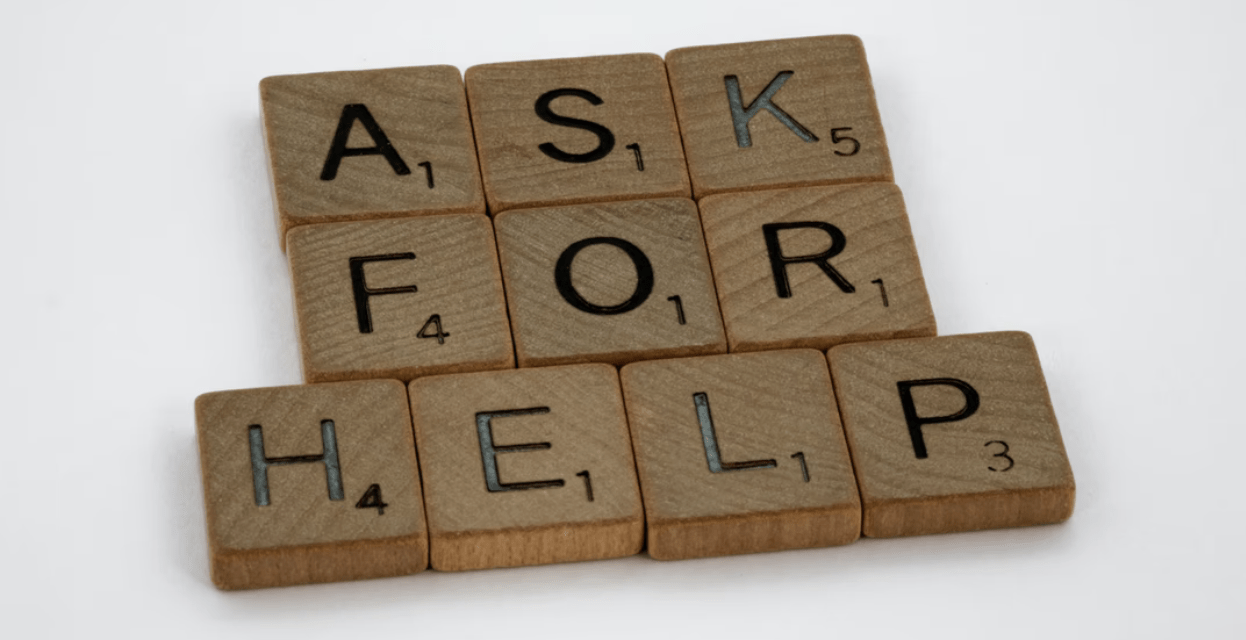
Addiction is widely misunderstood, even though it touches so many of us, whether it be directly or indirectly. When you have an addiction, your brain experiences a chronic dysfunction in reward, motivation, and memory systems.
Your body begins to crave a specific substance or even a behavior because of these brain changes. Despite the harmful consequences, you continue to use addictive drugs.
As much as understanding what addiction is can be helpful, it’s also important to know what it’s not. For example, addiction isn’t a choice, nor is it a moral failure.
An Overview of Addiction
Addiction is a chronic disorder that affects someone’s brain and behavior. When you have an addiction, you can’t stop using a substance such as drugs or alcohol or engaging in behavior like gambling, even though it’s causing harm in your life.
According to The American Society of Addiction Medicine, it’s a chronic medical disease involving complex interactions between your brain, genetics, your environment, and your life experiences. While addictive disorders are a chronic condition that doesn’t necessarily have a “cure,” it is treatable. You can manage the symptoms.
If you have a chronic disease like diabetes, the concept is similar. You may not be able to cure the underlying condition, but it’s manageable with different therapies, medications, and lifestyle changes. When your symptoms are under control from a chronic illness, it’s known as being in remission.
When you have a substance use disorder that’s well-managed and not active, you’re in recovery.
Some of the most addictive substances and illicit drugs include:
- Cocaine
- Alcohol
- Heroin
- Methamphetamine
- Nicotine
Symptoms of Addiction
Addiction tends to create symptoms that fall into one of three broader categories. There are cravings, loss of control, and continuing to use the substance despite adverse consequences.
Physical signs of addiction can vary depending on the substance used but may include:
- Being under- or overactive
- Repetitive or unusual speech patterns
- Dilated pupils
- Red eyes
- Pale skin
- Sniffly or runny nose
- Clothes aren’t fitting the same
- Weight loss or weight gain
- Changes in eating habits
- Lack of personal hygiene
Behavioral addiction signs can include:
- Irritability or defensiveness
- Problems coping with stress
- Loss of interest in daily activities
- Changes in social groups or social withdrawal
- Confused easily
- Justification for behavior
- Minimization
- Blaming other people or events for substance use or effects
- Diversion, meaning often changing the subject to avoid talking about substance use
- Missing school or work
- Declining performance at school or work
- Isolation or being secretive
- Legal or financial problems
- Relationship problems
What Causes Addiction?
We’ve learned so much since the 1930s when researchers first started looking at the causes of addictive behavior. Before this research, the old way of thinking was that if you had an addiction, you didn’t have the willpower, or you were morally flawed. That incorrect thinking led to ineffective treatment approaches to dealing with addiction.
For example, punishment or trying to force someone to break their habits were common strategies.
Now, scientific advancements help us understand again, addiction is a chronic disease altering the brain, one of our most important organs. Like cardiovascular disease affects your heart, addiction takes over your brain.
Research guides addiction treatment programs and mental health treatment for co-occurring disorders in practical ways.
Some of the steps that can occur in the development of addiction include:
- Your brain registers pleasure as something it wants to seek out and continue to experience. Pleasure can come from natural sources, such as sex or having a great meal. Pleasure can also stem from the effects of psychoactive drugs and alcohol.
- When you experience something pleasurable, your brain releases a neurotransmitter—dopamine. Dopamine floods into your brain’s pleasure and reward center—the nucleus accumbens.
- Since the use of drugs or alcohol can be a dopamine-triggering event, there’s a compulsion for your brain to want to continue it.
- It’s not only the pleasure element that can lead to addiction. Dopamine is one part of the process, but so are learning and memory. Learning and memory play pivotal roles in moving from thinking something is appealing to developing an addiction.
- Repeated exposure to an addictive substance causes nerve cells in not only your nucleus accumbens but also the prefrontal cortex to communicate in a way that makes you want to continue it. You have a sense of motivation to keep seeking out pleasurable stimuli.
- Eventually, compulsion will take over. The pleasure you associate with an addictive substance goes away, but you still have the memory of the desired effect. You keep wanting to recreate it. Compulsion leads to out control cravings but is drug addiction a moral failing?
Certain factors such as a family history of addiction can make you more likely to develop a substance use disorder. Mental health issues can also raise the risk of drug misuse and substance abuse issues.

Are There Treatments for Addiction?
Substance abuse treatment is available, although it’s not always straightforward. The goals of any treatment for drug or alcohol addiction are to help you stop using drugs, remain drug-free, and be productive in your family, at your job, and in society.
According to the National Institute on Drug Abuse, evidence-based addiction treatment should include the following:
- Addiction is managed as a complex although treatable disease affecting behavior and brain function
- There’s no single treatment that’s right for everyone
- You need easy and timely access to treatment
- Effective treatment addresses all of your needs as a whole person, and not just your drug or alcohol use
- You must stay in treatment for long enough
- Behavioral therapy and counseling are the most commonly used types of treatment
- Medications can be an essential part of treatment, particularly combined with behavioral therapy
- A counselor should regularly review your kind of treatment plan and, if necessary, change to fit your evolving needs
- Effective addiction treatment should address other co-occurring mental disorders you may have
- Medically-assisted detoxification isn’t treatment in and of itself—it’s the first stage of treatment
- Your drug addiction treatment doesn’t have to be voluntary for it to be effective
- Effective alcohol rehab or drug treatment should address criminal behavior, infectious disease, or other related situations.
Treatment can take place in different formats and settings for a substance use disorder. For example, there are inpatient and outpatient programs available at treatment facilities. An inpatient program is more intensive and requires a residential stay. Outpatient treatment can be a lower level of care after inpatient rehab. You might also begin your treatment there.
Does Health Insurance Cover Addiction Treatment?
Since a substance use disorder is a medical condition, in many cases, your health insurance company will cover some or all of the costs of addiction treatment, including medication-assisted treatment. In 2010 with the passing of the Affordable Care Act (2010), a mandate required that insurance companies and insurance plans cover the same level of coverage for addiction treatment and mental health disorders as they do for other medical conditions.
If you aren’t sure what your insurance will cover as far as addiction treatment providers and essential health benefits, the best thing you can do is contact them directly. They can let you know your health coverage and the treatment options available to you. The team at our treatment center can also help you with insurance-related questions as they specifically apply to our center.
The big takeaway that you should remember is that addiction is a chronic and also progressive disease. Untreated, it will get worse and cause more severe side effects. Effective treatments are available, however, and are accessible to you. Insurance policies will often cover the cost of treatment, including inpatient rehab. To learn more about the women-only outpatient treatment program at Anchored Tides Recovery, call 866-600-7709 today!































